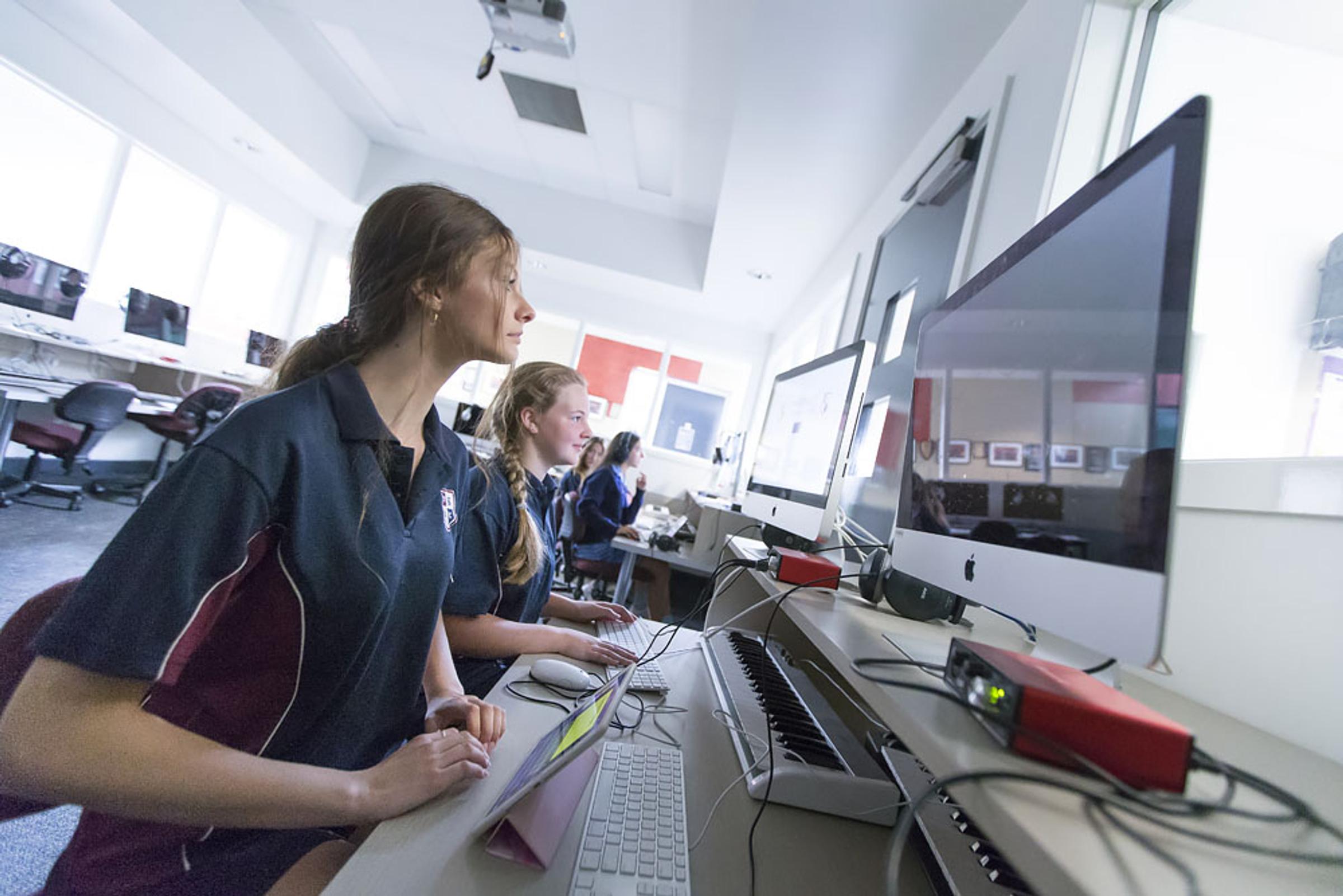Supporting our students

Suggestions for parents supporting their teens at home learning
Having your kids, and possibly other family members, working at home creates a new dynamic. As a community, we want to ensure that our students have the best chance of engaging with their learning that is supportive, sustainable and healthy.
Below are some recommendations for you to consider as a family and to work through with your child/ren:
Setting up spaces/zones
- Have agreed spaces for work and agreed spaces for ‘being at home’. It is best to encourage your child not to work in their bedroom and instead, use a study space that suits their needs
- Creating spaces is particularly important if you have multiple people working from home
- Set some agreed expectations about how you engage with people with they are in their work space e.g. is it ok to interrupt them? How can you communicate that you are on a video/audio call so don’t come in?
Have an internet contingency plan
- Do you have sufficient data on your mobile to allow hotspotting if needed to get online for school
- Remember the old adage: have you tried turning it off and on again? Most modems/routers need to have the power disconnected for up to 30 seconds before you reconnect them to see if they are working. Make sure to check the status of your internet connection in case there is an outage in your area
Create routines
- Encourage your child to wear different clothes when they are working versus when they are ‘at home’
- Stick to a morning routine that includes starting the school day on time
- Have designated technology-free time as a household
Family to-do lists
- Create daily lists of activities – this helps to create a sense of predictability and consistency each day
- Include school activities, household tasks and upcoming activities
School work
- Take an active interest in the work your child is completing e.g. ask them about what they are doing in each subject
- Negotiate with them what is helpful in terms of keeping them on-task and focused
- They may need accountability in terms of agreeing to work to be completed
- They may prefer an end-of-day check in about what work they have coming up
Looking after your physical health
- Make sure the space is set up properly – use an appropriate chair, have the computer set up at eye level so you aren’t hunched over
- Take regular breaks to stretch, move and focus your eyes on something further away than your screen. Keep in mind how much incidental movement your family would get during a typical day and ensure you still meet those needs
Looking after your mental health
- Focus on the basics
- Diet/nutrition
- Sleep
- Exercise
- Time to connect with others (online or with appropriate social distancing)
- Deliberate time for own activities
- Focus on what you can control and the options that are still available to you
- Check in with each other and if you need, reach out for support
